Sport
In light of an international community that appears either distracted or unwilling to intervene decisively, the weight of responsibility falls even more heavily on Africa’s leadership
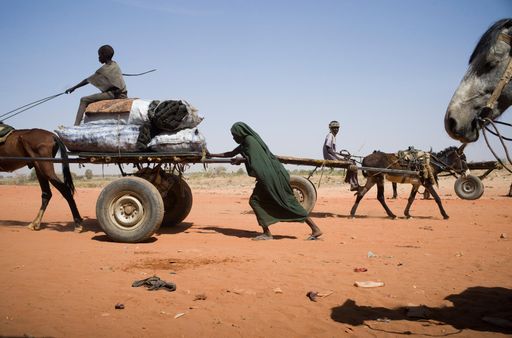
By Hafsa Abdiwahab Sheikh
Sudan’s war has transformed from a political confrontation into one of the world’s most severe humanitarian and public health catastrophes, with consequences extending far beyond its borders.
The devastating conflict between the Sudanese Armed Forces (SAF) and the paramilitary Rapid Support Forces (RSF) has destroyed essential infrastructure, paralysed health systems, and displaced millions.
As famine spreads, hospitals collapse and entire communities flee, it is increasingly clear that the crisis has become a regional emergency.
African-led diplomacy, strong humanitarian guarantees are urgently needed. The political centre of gravity must remain in Africa.
The human suffering is immense. According to UNICEF’s Sudan Situation Report (January 2025), over 30 million people—more than half of Sudan’s population—now require urgent humanitarian assistance, and between 12 and 14 million have been displaced, making Sudan one of the world’s largest displacement crises.
Families are taking shelter in unfinished buildings, overcrowded schools, and improvised camps, often with no clean water, poor sanitation and diminishing access to food.
Behind every statistic lies a collapsed life. parents unable to secure meals, young people cut off from education, and communities stripped of the stability that once defined them.
Famine conditions have already emerged in parts of South Kordofan and Darfur, with Al Fasher at the epicentre.
According to Mendy Hameda, former African Union Peace Ambassador for East Africa, who is currently overseeing efforts for Sudanese NGO HRRDS (Hope Relief and Rehabilitation for Disabilities Support), intense fighting and bombardments continue in and around Al Fasher.
The town, long besieged and now effectively under RSF domination, has seen IDP camps attacked, markets destroyed, food supplies severed, and health facilities reduced to rubble.
Reports say that tens of thousands of civilians have fled Al Fasher amid escalating violence, describing mass displacement, destroyed shelters, and the near-total collapse of medical services.
The reports note that humanitarian workers have warned that starvation is tightening its grip as food convoys fail to reach vulnerable communities.
Humanitarian access remains one of the most critical challenges. Aid convoys are routinely attacked, denied passage, or blocked by administrative restrictions.
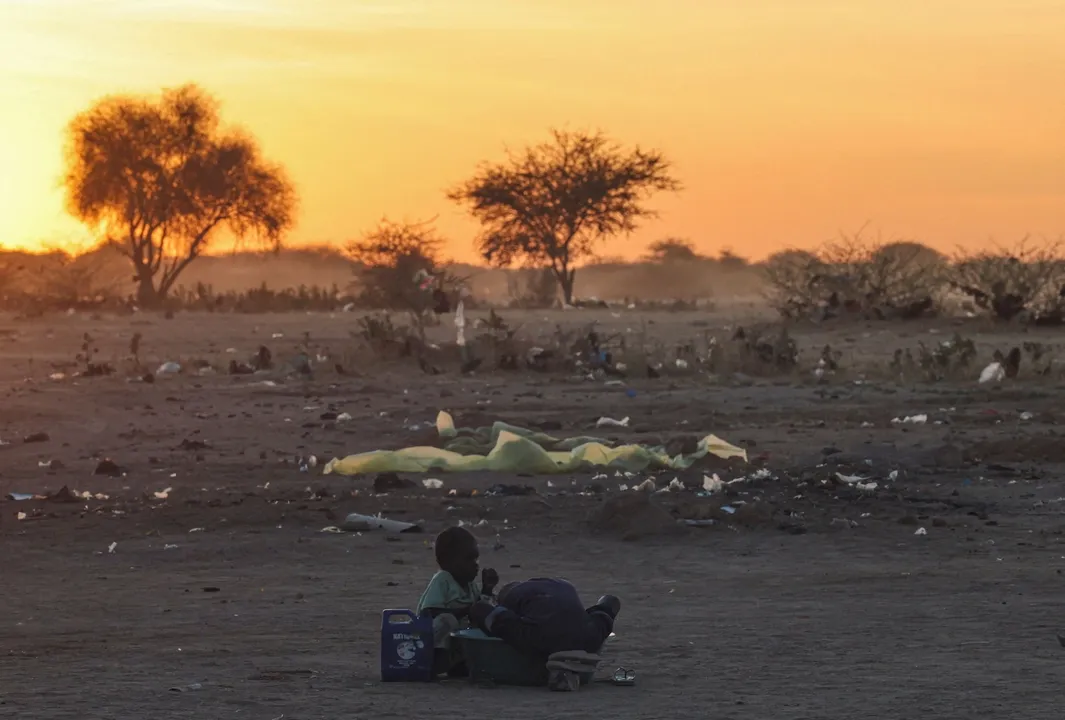
Even when donors release funds, the assistance often cannot reach the people who need it most. Relief organisations describe entire communities being cut off for weeks.
In many places, volunteer networks, medical trainees, and local civil society groups become first responders working with almost no supplies. Their courage is remarkable, but their capacity is tragically limited.
It is in this context that African-led diplomacy becomes not just important, but indispensable. Regional bodies such as the African Union (AU) and IGAD possess the legitimacy, proximity, and contextual understanding necessary to mediate effectively.
While past initiatives have yielded temporary humanitarian pauses, the escalating crisis demands a far more coordinated political effort.
And crucially, in light of an international community that appears either distracted or unwilling to intervene decisively, the weight of responsibility falls even more heavily on Africa’s leadership.
As refugees, IDPs, and civilians trapped in Al Fasher face starvation and violence, the continent cannot wait for external actors whose priorities lie elsewhere.
African institutions must act now decisively and urgently. While both the AU and IGAD have attempted to respond, their efforts have been fragmented, slow, and often overshadowed by parallel diplomatic tracks that pull in different directions.
The AU has issued statements and convened meetings, but it has not established a sustained, empowered mediation structure capable of compelling both SAF and RSF to negotiate or guaranteeing humanitarian access.
This gap reflects limited enforcement mechanisms and an overdependence on external diplomatic initiatives, such as the International Quartet (comprising Saudi Arabia, the United States, the United Arab Emirates, and Egypt), that have not delivered results.
Drawing on a deeper understanding of Sudan’s political and social dynamics, an Africa-centred approach must be more than symbolic.
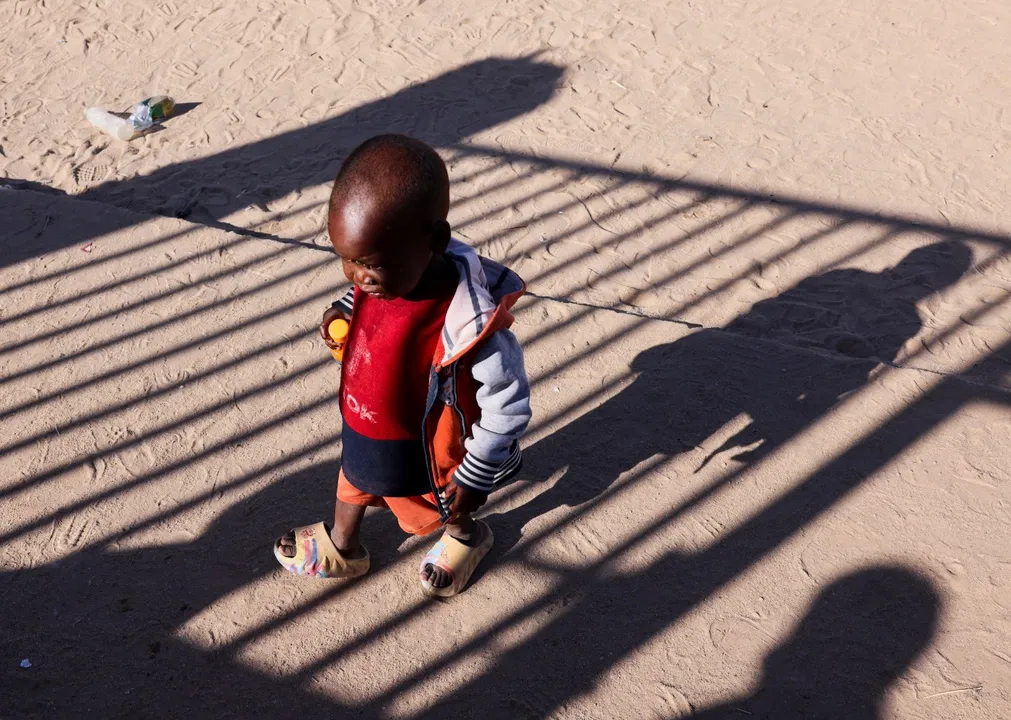
It requires a coordinated mechanism built on four key pillars:
1) A unified AU-IGAD mediation team led by a single, empowered envoy with a clear mandate
2) A regional monitoring and verification mission to track ceasefires and secure humanitarian corridors
3) A continental humanitarian taskforce working directly with Sudanese civil society and frontline responders
4) Regular transparent briefings to African institutions and general public to maintain accountability.
The international organisations, particularly the UN Security Council, must reinforce Africa’s leadership.
Global actors must provide logistical support for aid delivery, sustained financing for relief operations and diplomatic pressure on warring parties.
The international community must recognise that the collapse of Sudan will fuel migration pressures, destabilise borders and deepen insecurity across a region already grappling with conflict and climate shocks.
The path forward requires concrete steps. Humanitarian corridors should be negotiated, enforced, and monitored, with non-negotiable guarantees for civilian protection.
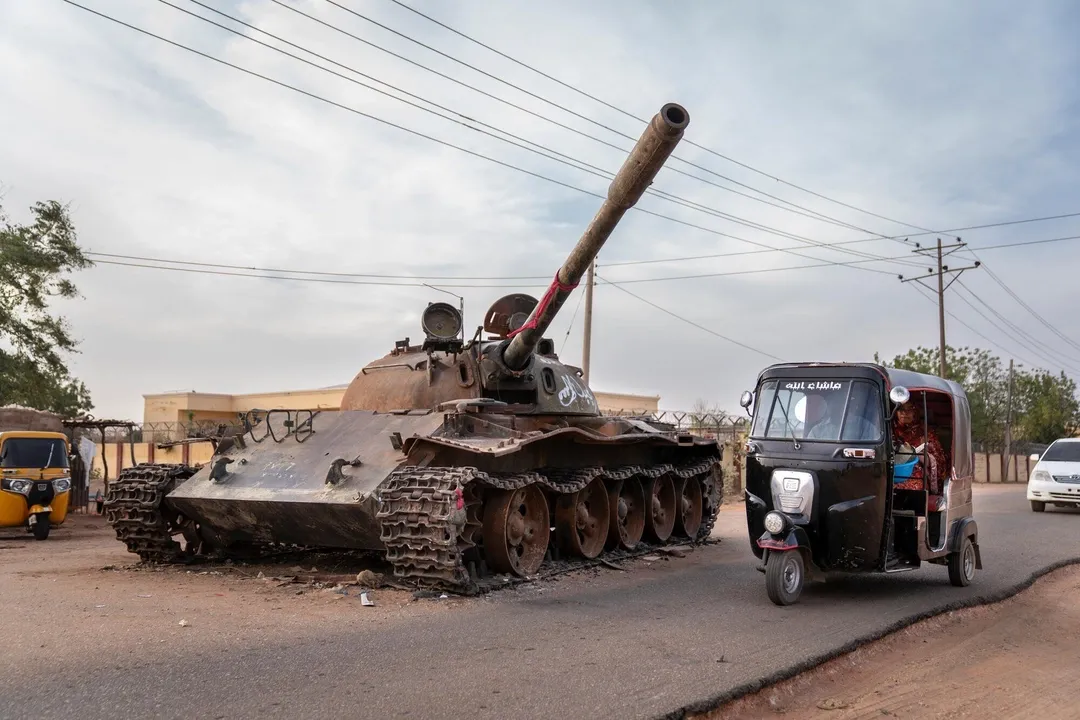
Hospitals, clinics and medical warehouses must be demilitarised and recognised as protected humanitarian spaces.
Critical supply routes need reopening with transparent oversight to prevent diversion of aid. Emergency nutrition programmes and mass vaccination campaigns, especially for children already showing signs of severe acute malnutrition, must be prioritised.
Failure to act will have profound consequences. Aid agencies warn of families skipping meals for days, travelling long distances to access unsafe water, and selling their last belongings for survival.
A deeper collapse in Sudan would destabilise the wider region: intensifying migration flows, weakening border security, threatening trade routes and heightening tensions across the Horn of Africa and the Sahel.
Stability in Sudan is not solely a humanitarian imperative—it is a strategic necessity.
Sudan stands at a critical crossroads. Without immediate diplomatic pressure, sustained humanitarian access, and robust African-led coordination, the nation risks losing an entire generation to hunger, disease, and violence.
The continent must lead, and global partners should support—because the political centre of gravity must remain in Africa.
Millions of Sudanese are waiting for leadership that recognises the urgency of this moment and acts with the resolve it demands.
The author, Hafsa Abdiwahab Sheikh is a freelance journalist and researcher focusing on East African politics.
Disclaimer: The views expressed by the author do not necessarily reflect the opinions, viewpoints and editorial policies of TRT Afrika.
Comments
No comments Yet








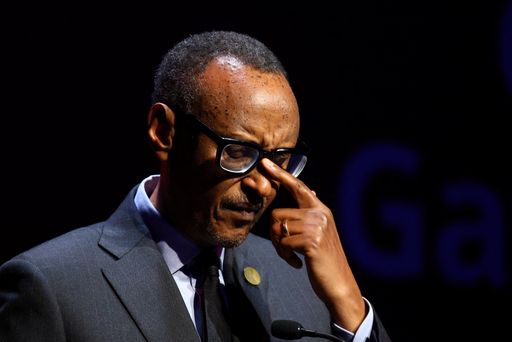
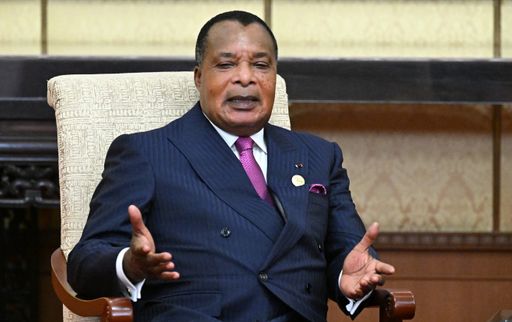
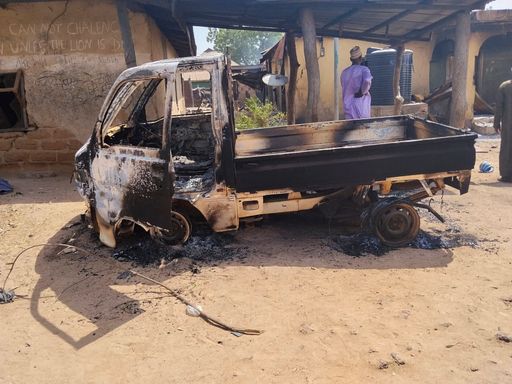









Comment